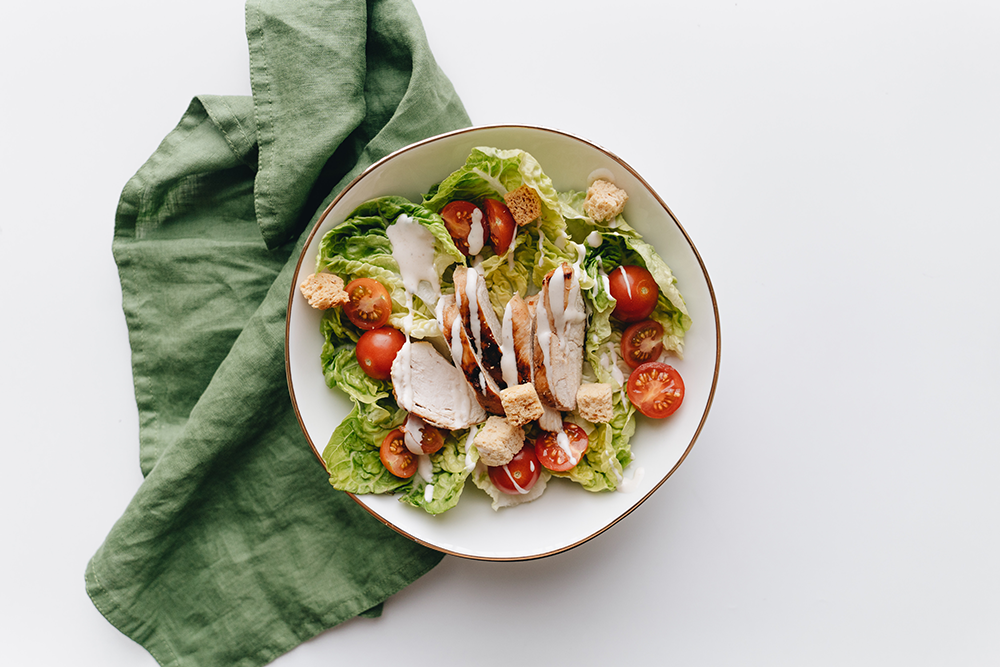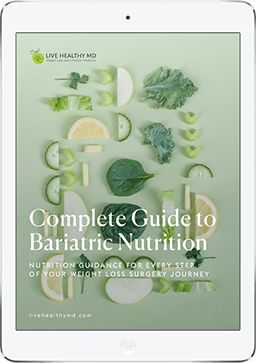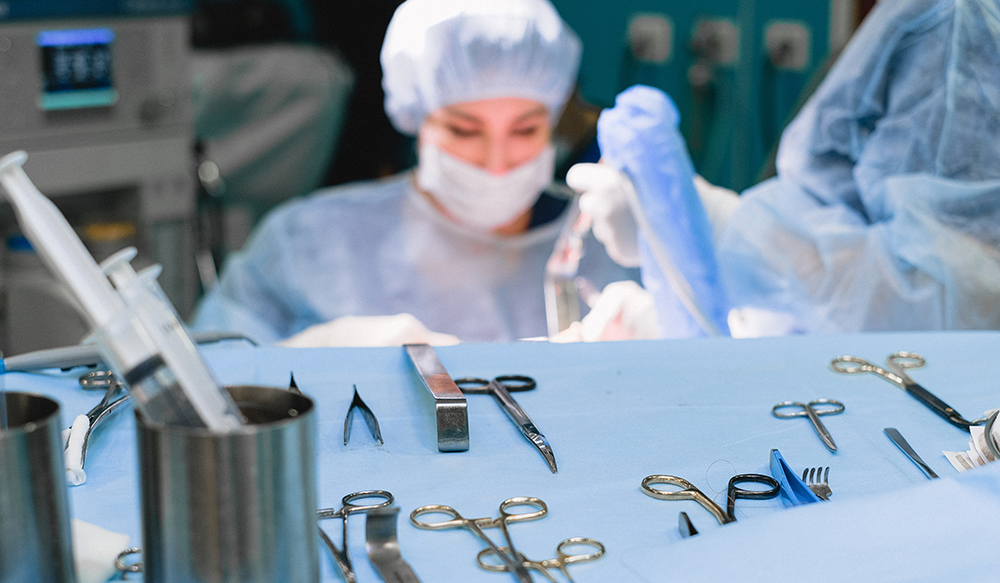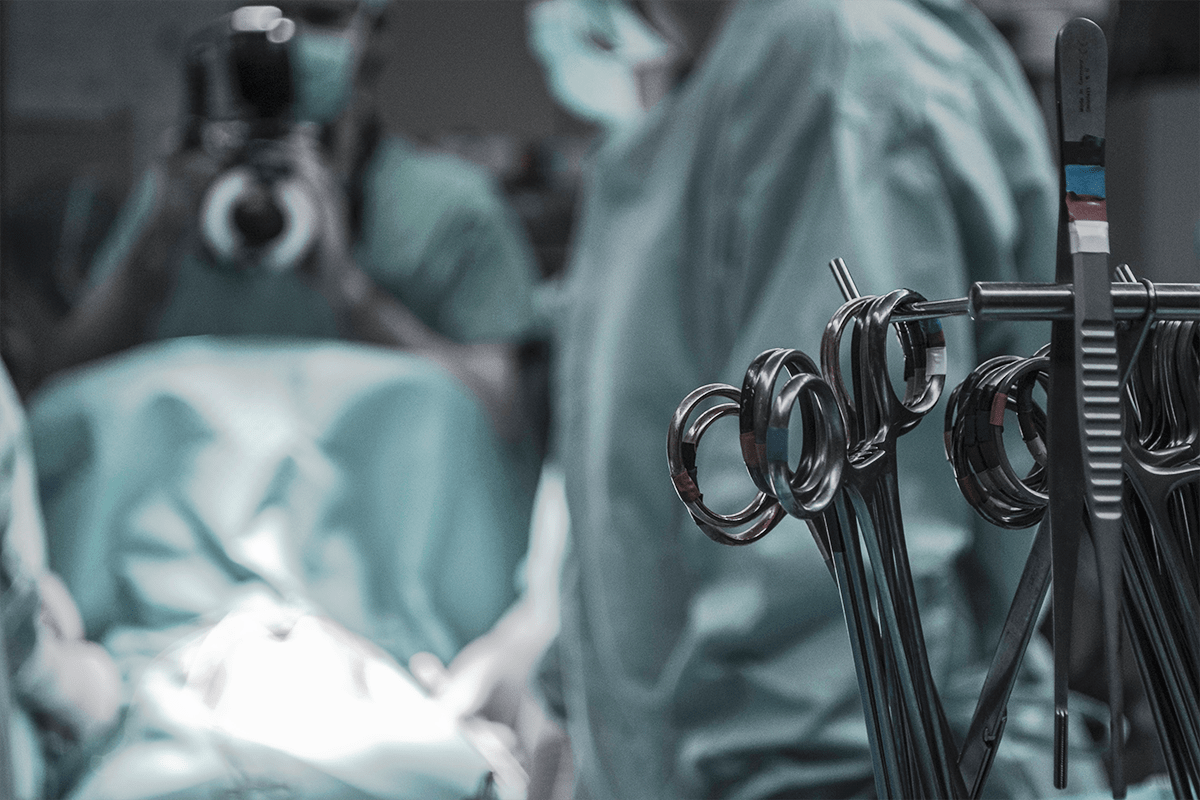
Weight loss surgery is an invasive procedure that requires a recovery period. However, it may not be as extensive as you think. In this blog, we will discuss recovery after gastric sleeve surgery and what to expect. The recommendations we make in this article are what we generally tell our patients; however, this may not be consistent with every patient.
Recovery after Gastric Sleeve Surgery: Immediately After Surgery
Recovery process after gastric sleeve surgery is pretty short. Most patients only stay one night in the hospital; they get discharged a day after the operation and resume regular activities right away. We usually ask patients to walk around the facility an hour after the surgery to limit the risk of blood clots.
When you leave the hospital, you will be given a lot of paperwork. Some patients will ignore some, or all, of this paperwork. However, it will contain important information such as your doctors' specific recommendations and follow-up instructions, so please pay attention to your nurse's discharge instructions and the discharge paperwork you are sent home with. If you don't understand why you are being told to do/not do something, please ask before disregarding the instructions.
In the immediate week after a gastric sleeve, we recommend patients stay on liquids to include water, Crystal Light, unsweetened tea with some Splenda, Powerade zero and other low sugar drinks. Usually in the first week, we will start integrating protein shakes into your diet. These are high-protein, high nutrition, low-calorie shakes that will allow you to start putting some protein in your diet to help with the healing process.
Recovery after Gastric Sleeve Surgery: Weeks 1 to 2
By the first week after surgery, patients will begin transitioning to a liquid diet that had more substance. Such as thicker soups that are a puree consistency. We recommend thin oatmeals, grits, some apple sauce. And we are constantly striving for the patient to get as much protein in as possible, especially in the early phase when healing is critical.
Yet, the cornerstone to the diet in the first few weeks remains hydration. We stress to our patients early on that we want them to get enough fluids to stay hydrated. You will feel so much better after surgery if you are properly hydrated.
Recovery after Gastric Sleeve Surgery: Weeks 2 to 4
You will want to start regularly exercising two weeks after your gastric sleeve. During that first week, you will be able to do upper body exercises using light dumbbells. You should also be able to walk up and down a flight of stairs. Full recovery and exercises without restrictions will begin four weeks after the operation. If you're looking for what exercises would work best for your routine, we have weight loss surgery exercises readily available for you to download.
We usually recommend avoiding driving during the first week after surgery. Driving and operating heavy machinery when taking narcotic medications, including hydrocodone, oxycodone, and Dilaudid, is not recommended.
We see patients back in the office about a month after gastric sleeve surgery. At that point, patients usually advance their diet to be a little more robust. They are trying some soft, flaky fish and some tender cuts of meat. We recommend eating foods cooked in a slow cooker or a dutch oven rather than food that has been fried or grilled.

Recovery after Gastric Sleeve Surgery: Month 3
When we see the patients again by the three-month mark, most patients can eat the same things that others in their families eat. We just ask the patients to eat healthier, smaller portions.
One of the great joys is seeing patients start to eat healthier and then see their family and friends eating more nutritious meals. This new way of eating is a long-term commitment, and patients are eating “real food” that will hopefully teach others in their lives how to eat healthily.
Recovery after Gastric Sleeve Surgery: Long-term
Long-term, the diet for gastric sleeve patients is real food: protein-heavy, paired with vegetables. We want to avoid bread, rice, pasta, and potatoes. Instead, we try to increase nutrients to get full off of whole-foods, not carbs and liquid calories. We want to stick with zero-calorie liquids like the ones listed earlier.
Dietary Goals after Gastric Sleeve Surgery
The dietary goal for gastric sleeve patients include about 800 to 1,200 calories in a day. Of course, there is flexibility if the patient is working out excessively in the gym. The protein goal we would recommend is 60 to 80 grams of protein a day. Usually, one of those protein sources will come from a protein shake between 20 and 30 grams of protein a day.
Vitamins and Supplements
We highly suggest taking vitamin D and calcium supplements three times a day when looking into bariatric vitamins. We also recommend taking bariatric multivitamins: once in the morning, once at night. Lastly, we recommend finding a vitamin B complex containing B1, B6, and B12. There are liquid forms of this that absorb very well.
Portion Control
Regarding what your plate should look like, it should be mostly protein on your plate, some veggies, and low carbs. Most health sites will tell you to follow the 50/25/25 rule, meaning divide your portions by having 50% of your meal be vegetables, 25% be protein and 25% be starchy vegetables or carbohydrates. However, after bariatric surgery we recommend following a 60/40 rule, meaning cover your plate with about 60% protein and 40% green vegetables.
Final Tips to Improve Your Recovery after Gastric Sleeve Surgery
Follow-up after weight loss surgery is essential to recovery after gastric sleeve surgery. In the short term, follow-up ensures that your recovery is healthy and you are advancing through your diet as expected. We worry about early complications, although rare, it is much better to pick up on early warning signs before a patient becomes ill. If you feel well and your incisions look good, an appointment may seem like a waste of time. But nothing could be further from the truth. At your initial post-op follow-up visit, we will ask you how you feel and look for other things that you may not think are important but could be early warning signs.
Additionally, during the early postoperative period, we adjust our patient’s medications. Most of the time, we are discontinuing medications that our patients take (hypertensive and diabetic medications); however, at times, we need to add back some of these meds based on how the patient is doing, and this really can only be done during your follow-up visits.










